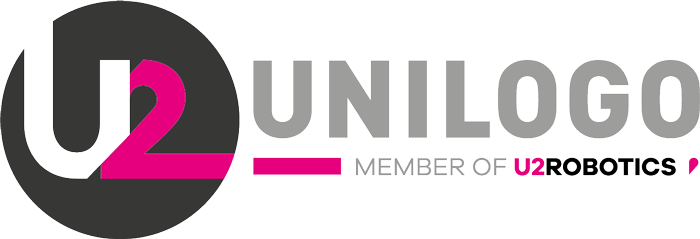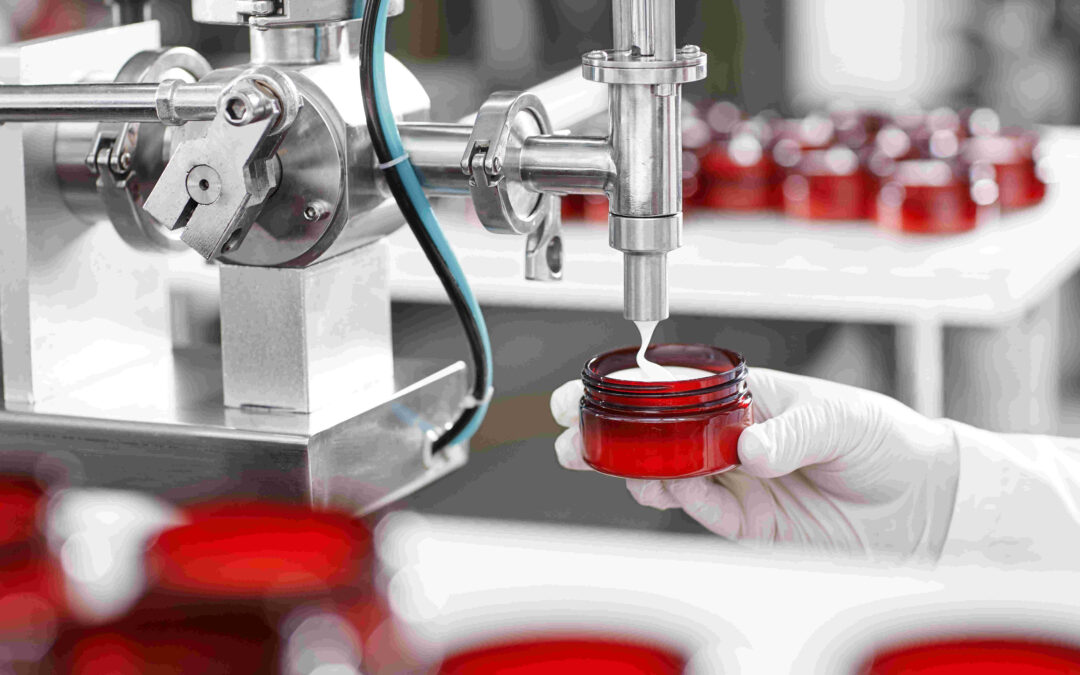Making cosmetics has very strict requirements for the entire production process. These requirements are mainly the sterility of the rooms where cosmetics are produced and reproducibility resulting from proper composition. These requirements make beauty products safe to use.
Table of contents
- Manufacture of cosmetics – what makes it unique?
- Cosmetic manufacturing equipment – the best solutions
- Manufacture of cosmetics – machinery and change of offer
- Cosmetic manufacturing equipment – summary
Manufacture of cosmetics – what makes it unique?
The cosmetics industry is constantly evolving, so it comes as no surprise that manufacturers are constantly expanding their range to include more diverse products. Offering products of ever-increasing quality has a direct impact on the need for improvements in the production process. The legal requirements for both the manufacture of cosmetics and the finished products are also constantly increasing.
High standards of cleanliness and sanitation are extremely important in cosmetics production. This concerns not only the manufacturing process, but also the entire production plant. Both the factory premises and the equipment used for cosmetic manufacturing are regularly inspected for cleanliness as are the employees and the starting materials, i.e., raw materials and packaging. Factories draw up special hygiene plans, which specify the acceptable limits and the procedures to be followed if they are exceeded.
It is also extremely significant to maintain the exact composition of the product. Mixing ingredients in incorrect proportions can not only lead to serious financial losses for the company if the whole batch of the product needs to be recalled. It can also be potentially dangerous for the customers if products with improper composition are marketed.
To avoid such situations, factories have their own laboratories which test each batch of products to ensure they meet the specifications of the cosmetic. Employees are not exempt from these requirements. They must be properly trained to comply with cleanliness and hygiene regulations. Staff should also have sound knowledge of how cosmetics are manufactured and how production quality is controlled.
If products are ISO certified (ISO 22716), it means that the manufacturer is committed to meeting all these requirements. This standard defines good practice in the process of making cosmetics so that the final product complies with the specification, the batches are identical, and the risk of mix-ups is eliminated.
Cosmetic manufacturing equipment – the best solutions
In order to be able to fulfil all these conditions, it is necessary to use cosmetic manufacturing equipment. The products will be ISO certified (ISO 22716) only if the manufacturer uses cutting edge machinery. Why is proper process equipment so vital?
Only high quality equipment can meet the stringent standards for cosmetics. This is especially true when it comes to maintaining product compliance with the specifications. Top quality cosmetic manufacturing equipment also allows for easy maintenance of the entire production line. For example, there are no hard-to-clean crevices and the process equipment is designed in such a way that the floor underneath the machines can be easily cleaned.
What kind of machinery is used for making cosmetics? The first stage is the manufacture of the beauty product itself. Homogenising mixers, for example, are used for this purpose. They are used for both make-up cosmetics and care cosmetics. The capacity of such a device is from 20 to 2500 litres, depending on the model.
In the second production stage, the finished cosmetic is packaged. What does this mean exactly? Packaging is precise dosing into unit packs and sealing, labelling and placing in bulk packs.
Solutions for this stage of production can be found in Unilogo’s portfolio. One of these is the Cosmoline 40 range, which is used for pouring, capping, and labelling liquid cosmetic products. It is versatile process equipment, which can handle a wide variety of packaging shapes. It is equally suitable for dispensing soaps and shampoos, as well as emulsions and tonics. The output of Cosmoline 40 line is 30-40 pcs/min.
Another product for packaging beauty products is Creamline 30. It is used for dispensing and capping containers with very dense liquids, such as creams. Its big advantage is that it can dispense even very small doses of 5 ml. Creamline 30 has a capacity of 30 pcs/min.
Manufacture of cosmetics – machinery and change of offer
As we mentioned at the very beginning, the cosmetics industry is still experiencing significant growth. For this reason, there is a high turnover in the product range of cosmetics companies: some products disappear from the shops, while others reappear in new sizes. What happens when a cosmetic produced on a particular production line is withdrawn from the market or its packaging changes? Does all the process equipment used in its production have to be discarded?
Fortunately, machine manufacturers realise that the beauty product market is dynamic, and in most cases it is possible to adapt a production line to a new product.
Some production lines are even designed for short series production and frequent changes of the product. The Cosmoline 40 line is a perfect example of this. Thanks to a well-thought-out line design process, changeover to manufacturing other types of packaging takes less than 30 minutes and requires no tools.
Cosmetic manufacturing equipment – summary
Making cosmetics has many specific requirements that are not found in other industries. This includes stringent requirements for cleanliness and hygiene of production. The process equipment used for the production of cosmetics must also meet these standards. Good manufacturing practices for making cosmetics are laid down in the ISO 22716 standard. Producers who comply with the standard can be ISO certified.
If you would like to purchase a line for the production of cosmetics, please use the contact form on our website. Our experts will be sure to answer all your questions and help you choose the best cosmetics manufacturing equipment for your business. If you cannot find a line with the right parameters in our standard product range, we will be happy to develop a customised solution tailored to your product.


